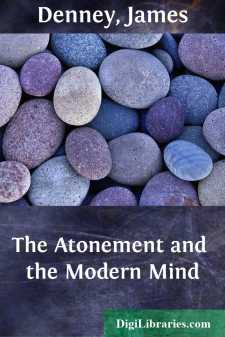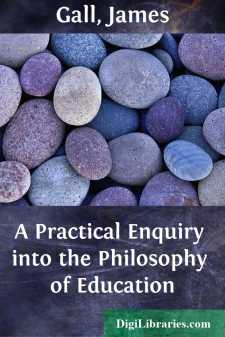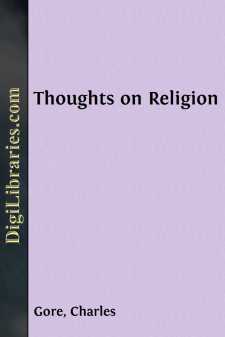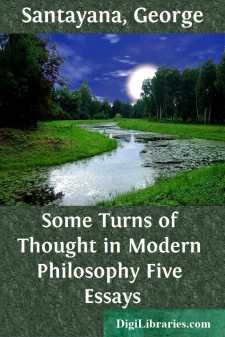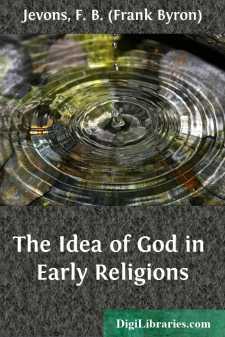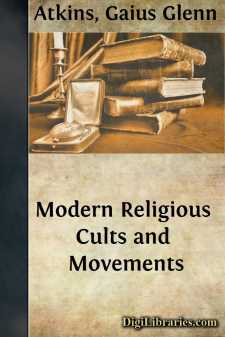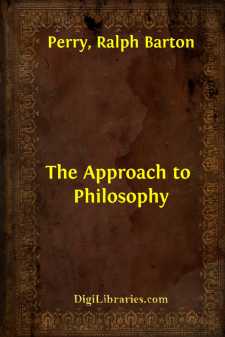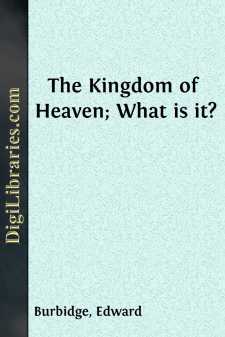Categories
- Antiques & Collectibles 13
- Architecture 36
- Art 48
- Bibles 22
- Biography & Autobiography 816
- Body, Mind & Spirit 145
- Business & Economics 28
- Children's Books 17
- Children's Fiction 14
- Computers 4
- Cooking 94
- Crafts & Hobbies 4
- Drama 346
- Education 58
- Family & Relationships 59
- Fiction 11834
- Foreign Language Study 3
- Games 19
- Gardening 17
- Health & Fitness 34
- History 1378
- House & Home 1
- Humor 147
- Juvenile Fiction 1873
- Juvenile Nonfiction 202
- Language Arts & Disciplines 89
- Law 16
- Literary Collections 686
- Literary Criticism 179
- Mathematics 13
- Medical 41
- Music 40
- Nature 179
- Non-Classifiable 1768
- Performing Arts 7
- Periodicals 1453
- Philosophy 66
- Photography 2
- Poetry 897
- Political Science 203
- Psychology 45
- Reference 154
- Religion 516
- Science 126
- Self-Help 85
- Social Science 82
- Sports & Recreation 34
- Study Aids 3
- Technology & Engineering 59
- Transportation 23
- Travel 463
- True Crime 29
Our website is made possible by displaying online advertisements to our visitors.
Please consider supporting us by disabling your ad blocker.
The Atonement and the Modern Mind
by: James Denney
Categories:
Description:
Excerpt
PRELIMINARY DEFINITION OF THE SUBJECT
It will be admitted by most Christians that if the Atonement, quite apart from precise definitions of it, is anything to the mind, it is everything. It is the most profound of all truths, and the most recreative. It determines more than anything else our conceptions of God, of man, of history, and even of nature; it determines them, for we must bring them all in some way into accord with it. It is the inspiration of all thought, the impulse and the law of all action, the key, in the last resort, to all suffering. Whether we call it a fact or a truth, a power or a doctrine, it is that in which the differentia of Christianity, its peculiar and exclusive character, is specifically shown; it is the focus of revelation, the point at which we see deepest into the truth of God, and come most completely under its power. For those who recognise it at all it is Christianity in brief; it concentrates in itself, as in a germ of infinite potency, all that the wisdom, power and love of God mean in relation to sinful men.
Accordingly, when we speak of the Atonement and the modern mind, we are really speaking of the modern mind and the Christian religion. The relation between these two magnitudes may vary. The modern mind is no more than a modification of the human mind as it exists in all ages, and the relation of the modern mind to the Atonement is one phase—it may be a specially interesting or a specially well-defined phase—of the perennial relation of the mind of man to the truth of God. There is always an affinity between the two, for God made man in His own image, and the mind can only rest in truth; but there is always at the same time an antipathy, for man is somehow estranged from God, and resents Divine intrusion into his life. This is the situation at all times, and therefore in modern times; we only need to remark that when the Atonement is in question, the situation, so to speak, becomes acute. All the elements in it define themselves more sharply. If there is sympathy between the mind and the truth, it is a profound sympathy, which will carry the mind far; if there are lines of approach, through which the truth can find access to the mind, they are lines laid deep in the nature of things and of men, and the access which the truth finds by them is one from which it will not easily be dislodged. On the other hand, if it is antagonism which is roused in the mind by the Atonement, it is an antagonism which feels that everything is at stake. The Atonement is a reality of such a sort that it can make no compromise. The man who fights it knows that he is fighting for his life, and puts all his strength into the battle. To surrender is literally to give up himself, to cease to be the man he is, and to become another man. For the modern mind, therefore, as for the ancient, the attraction and the repulsion of Christianity are concentrated at the same point; the cross of Christ is man's only glory, or it is his final stumbling-block.
What I wish to do in these papers is so to present the facts as to mediate, if possible, between the mind of our time and the Atonement—so to exhibit the specific truth of Christianity as to bring out its affinity for what is deepest in the nature of man and in human experience—so to appreciate the modern mind itself, and the influences which have given it its constitution and temper, as to discredit what is false in it, and enlist on the side of the Atonement that which is profound and true....


